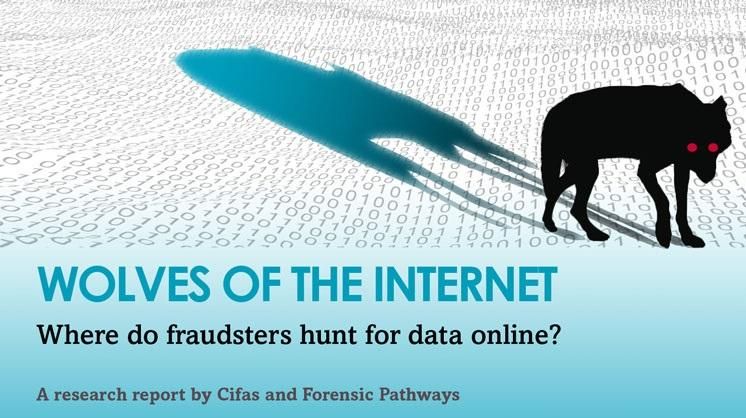
Wolves of the Internet: Where do fraudsters hunt for data online?
In collaboration with digital forensics organisation Forensic Pathways, this Cifas report "Wolves of the Internet: Where do fraudsters hunt for data online?" reveals where people’s personal data is being compromised online. It has a number of key findings, including that, despite the higher risk to criminals, personal data is frequently sold on the surface web, alongside being sold on the less risky dark web.
The report also finds that:
- Almost a third of victims of identity fraud found to have had a visible digital footprint on the surface web, with the vast majority on social media;
- Younger victims more likely to be found on social media compared to older victims, whereas older victims were more likely to have had their details leaked multiple times via a data breach;
- 76% of victims who were company directors had their home address registered as their business address;
- Overall, 65% of victims of identity fraud have a visible social media presence or have been victims of a data breach.
Forensic Pathways used details of victims of impersonation recorded by Cifas member organisations to their National Fraud Database (processed for research purposes in line with data protection legislation). They then carried out bulk searches across both the surface web and the dark web to see where the personal data of the victims of impersonation could be found.
Along with the findings, the report offers a number of recommendations, both for organisations and individuals, on how to manage and protect personal data.
